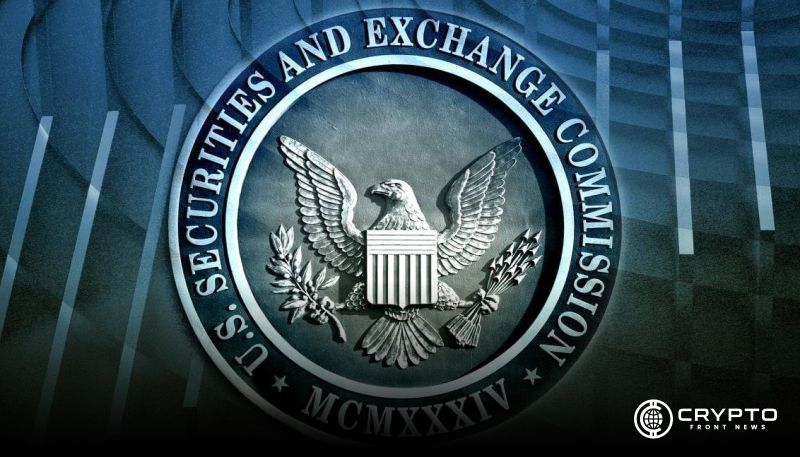- The SEC is reassessing outdated crypto guidance including the 2019 framework based on Hinman’s decentralization-focused criteria.
- Uyeda’s directive aligns with Executive Order 14192 as the SEC reevaluates digital asset custody and investment fund regulations.
- The review includes memos and risk notices from 2021–2022, signaling a broader shift in crypto oversight amid regulatory uncertainty.
The U.S. Securities and Exchange Commission (SEC), led by Acting Chairman Mark Uyeda, has begun reviewing previous staff guidance, Fox Business’s Eleanor Terrett reports on her X account. The review aims to find any statement that no longer aligns with the current priorities of the SEC and amend or repeal it. Executive Order 14192, which encourages deregulation and aims to streamline outmoded regulations, is in line with this action.
Focus on Digital Assets and Crypto Regulations
One of the notable highlights in this review is the SEC’s 2019 “Framework for Investment Contract Analysis of Digital Assets.” The framework, which was based on the 2018 speech of former Director of Corporation Finance Bill Hinman, offered criteria for applying the Howey Test to digital assets. It emphasized the decentralization or centralization of the network, rather than how tokens were being offered. Considering the work of the Crypto Task Force, the SEC seems to be reevaluating its guidance.
Acting Chairman Uyeda has also directed SEC officials to examine other relevant regulatory guidance, such as a 2022 document on disclosure obligations in the event of market instability or insolvency. The Division of Corporation Finance released this paper outlining how cryptocurrency businesses can handle these difficulties. Concerns regarding the particular risks associated with digital assets, such as security concerns and regulatory ambiguity, were also brought up in a 2021 risk notice issued by the Division of Enforcement.
Reviewing Custody and Investment Regulations
The SEC will also review guidance on whether state-chartered banks and trust companies should qualify as custodians for digital assets under the SEC’s Custody Rule. The 2020 guidance from the Division of Trading and Markets shows this issue, particularly with institutions in Wyoming. Moreover, a 2021 statement from the Division of Investment Management addressed the regulatory concerns surrounding mutual funds investing in Bitcoin futures.






